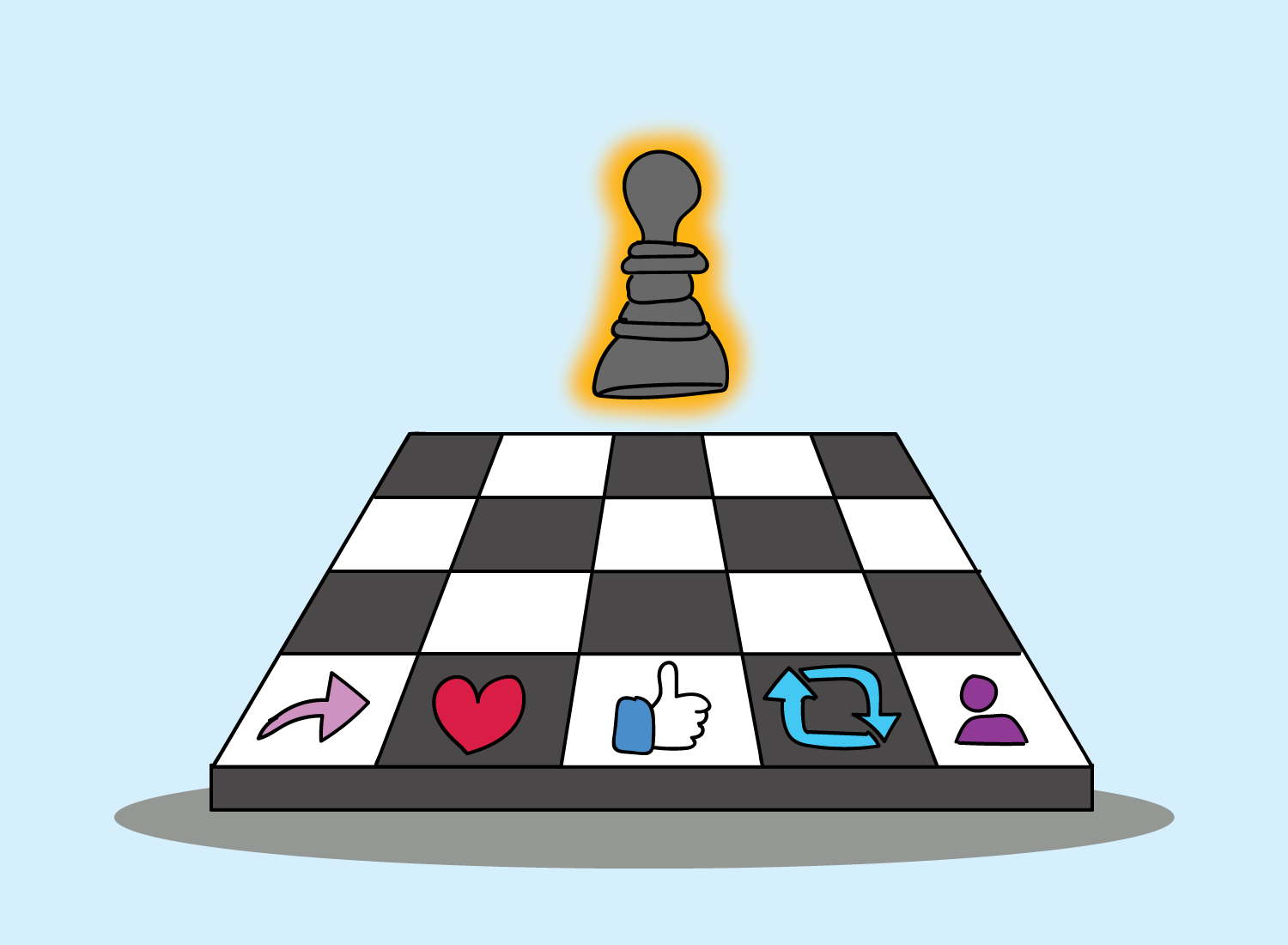The Gamification of Life
Anything that can be measured will become a game. This is one of the more disappointing truths I’ve realized over the years, and one that’s largely inescapable.
Martin Heidegger believed that rapid technological progress inevitably leads to a world that is valued for its utility rather than its beauty. For example, we will gaze upon wonder at the majesty of a forest, but will ultimately concede that we need trees to take on a more functional shape: desks to work on, books to flip through, etc. And technology is the force that allows us to take the natural world and transform its constituents into something “useful.”
I think Heidegger is mostly right here. I say mostly because the one thing he misinterprets is how exactly we gauge something to be useful. His emphasis was more so on the function of the object in question: how well it solves a problem, how reliable it is, and so forth. But in my opinion, our sense of what’s useful is wholly tied to measurability: how metrics signify the success or failure of any object in question.
For example, if you search any product on Amazon, what you’ll end up buying is not necessarily the best at performing its function, but what others have rated high enough to push to your attention. Metrics are an effective way of simplifying the complexities of an object’s value into something we don’t have to think too much about. If the metrics are solid, then we are sold.
But what happens when the metrics are applied not just to objects, but to human beings? After all, we’re a part of the material world too.
One thing I feel rather fortunate about is that when I was in high school, there was no social media. No one had an Instagram or TikTok account that prominently displayed how many followers they had, or some number that signified their popularity. In a period where one’s social standing was so glaringly valued, it would feel daunting to have a metric tied to my name at all times.
But what’s astounding is how the internet has made the essence of high school extend outward in perpetuity.
We laugh at our high school selves because of how obviously misguided many of our desires were. But when we take a look at the desires we have now, they’re not all that different. They’re just less obvious.
We still want to feel less insecure. We still want to be loved. We still desire status.
The thing that’s different, however, is that we are now offered trackable solutions to these age-old problems. Prior to the internet, the only real metric that could have signified status was money, but that was largely hidden from public view. Fast forward to today, it’s almost impossible to be on any platform that doesn’t assign a public metric to you that signifies progress or social standing.
The moment we introduce a metric, a hierarchy develops. And the moment a hierarchy develops, a game is formed. Another uncomfortable truth is that social standing affects the way people talk to one another, and this dynamic bleeds into even the most self-aware minds. Influence is a hell of a drug, and metrics are its primary distributor.
In a sense, we are always playing a game. If you’re working in an office, there’s the office politics game. If you quit your day job to become a creator, there’s the creator economy game. If you quit everything altogether to become a monk, there’s the enlightenment game.
But the texture of these games are different. The more you rely on external appearances or metrics to define your sense of progress, the more you’ll value others according to that sentiment. You’ll prioritize someone with a high metric count and ignore someone with a low one. You’ll act one way to this person, and be wholly different toward the other.
However, the more you use an inner compass to define progress, you will also gauge others with the same perspective. You’ll see the illusoriness of metrics and want to better understand the nuances of the human being in front of you. You’ll commit to exploring the things that unite you both.
In other words, you’ll prioritize connection over utility. And in a world full of calculated games, the best one to play is the one that requires no scoreboard in the first place.
_______________
_______________
For three more stories and reflections of this nature:



